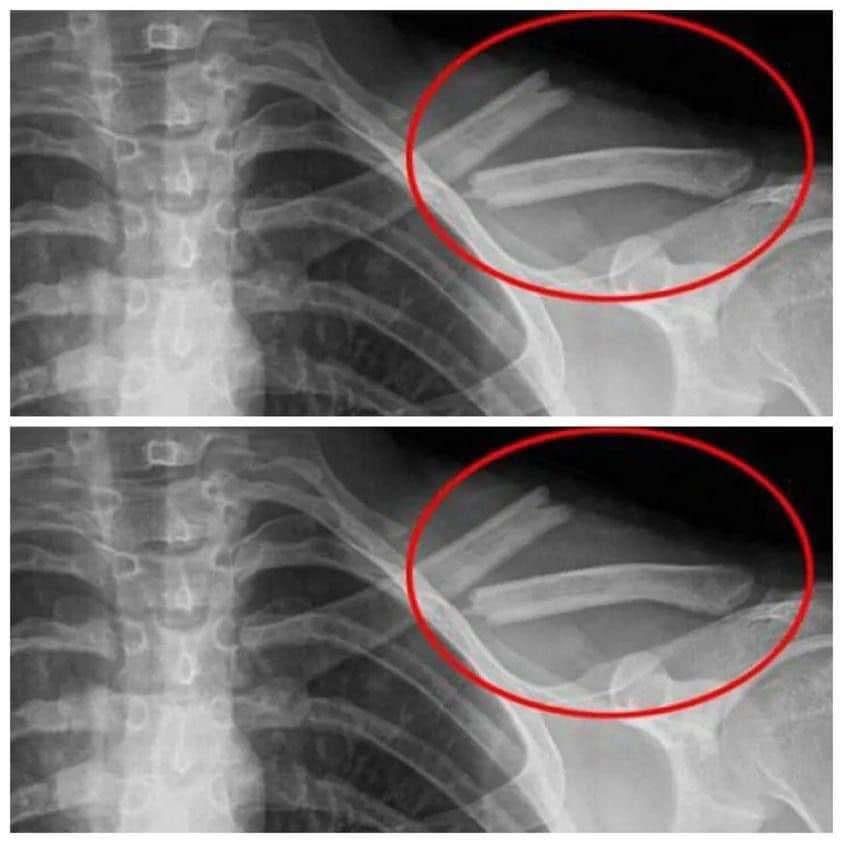It can be hard to stop eating unhealthy foods, especially when they bring us joy. One of the most commonly ignored culprits is soda, a seemingly harmless drink that many people don’t realize could harm their health. This article discusses how drinking soda can harm your bones, comparing it to consuming poison.
Whats happens when you drink soda:
The initial ten minutes:
One can of soda, containing as much as 10 teaspoons of sugar, quickly goes over the recommended daily sugar intake.
Added flavor phosphorus begins to affect the bod
After 20 minute
When blood sugar goes up, the body produces more in
The liver changes sugar into fa
After forty minute
When caffeine is completely absorbed, it boosts blood flow.
The liver releases more sugar into the blood, which helps reduce feelings of tiredn
4. Forty-five minutes
When more dopamine is produced, it creates a feeling of pleasure like the high caused b
5. After Forty Minu
Calcium, magnesium, phosphoric acid, and zinc help digestion go faster when they work t
The body uses urine to reduce the amount of calcium it gets rid
of.ogether.tes:y drugs. passed.ess.he amount of calcium it gets rid of.
s:t.sulin.s:y.forty minutes:
When we pee, our body gets rid of important elements like zinc, calcium, and magnesium that are needed for strong bones.
Both the strength of the bones and important nutrients are lost during this process.
Changes over time:
Drinking soda often can reduce important elements that help keep bones healthy. This can cause long-lasting damage and make bones weaker over time.
In summary, the information is evident: soda not only quenches thirst but also leads to a series of bad effects that can harm bone health. Understanding this should prompt a review of diet suggestions and a push for healthier choices that support good health. Deciding what to eat every day is crucial for maintaining a healthy and balanced life.
This information is not a substitute for professional medical advice. It is meant to be a general guide. The food choices we make can affect people in different ways, so it’s a good idea to talk to a healthcare provider.

